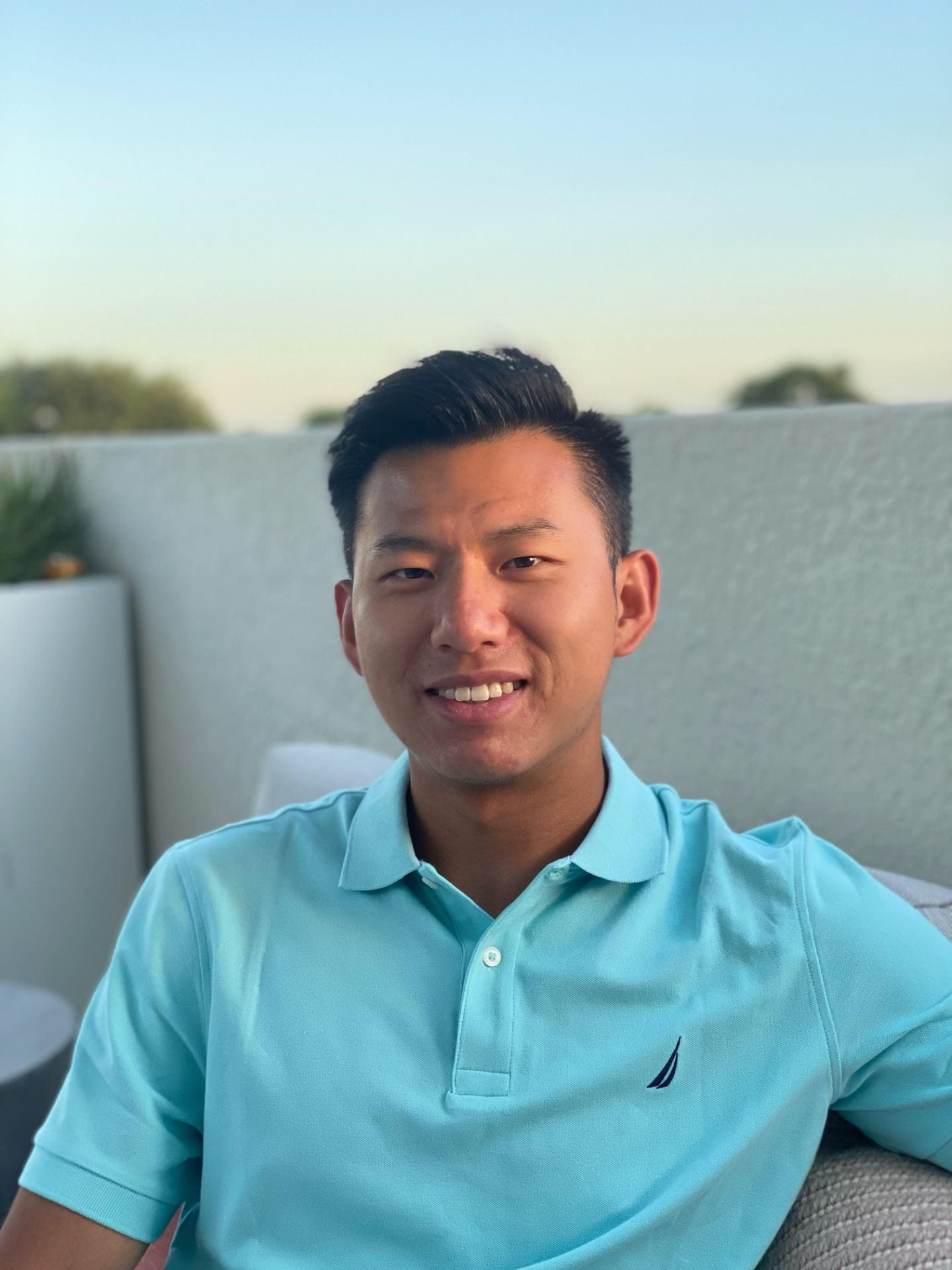Multicultural Psychology
Whose Support Matters More? Perceived Family and Friend Support and Psychological Distress among Hong Kong and American Adults
(PS9-93) Whose Support Matters More? Perceived Family and Friend Support and Psychological Distress Among Hong Kong and American Adults

Zhengduo Lu, B.A.
Research Assistant
Butler Hospital & Brown University
Providence, Rhode Island, United States
Ana Rabasco, Ph.D. (she/her/hers)
Postdoctoral Fellow
Brown University
Providence, Rhode Island, United States- AS
Alyssa Sherry, None
Undergraduate Volunteer
Brown University & Butler Hospital
Providence, Rhode Island, United States - SH
Suzanne Ho, Ph.D.
Professor
The Chinese University of Hong Kong
Sha Tin, Hong Kong .jpg)
Brandon A. Gaudiano, Ph.D.
Professor
Alpert Medical School of Brown University
Providence, Rhode Island, United States
Author(s)
Co-Author(s)
Studies have shown that perceived social support (PSS) can mitigate symptoms of emotional distress (Kandeger et al., 2020; Grey et al., 2020). However, there are cultural differences in the importance people place on family versus friend relationships (Brannan et al., 2012) and few studies have examined the psychological benefit of PSS cross-culturally. Specifically, Asian countries are known for their collectivist cultures and a heavier emphasis on family than Western countries (e.g., United States or US; Li and Cheng, 2015). Among older adults in China and the US, one study found that the relationship between family support and depression was stronger for Chinese participants, whereas the relationship between friend support and depression was stronger for US participants (Poulin et al., 2012). The present study aimed to build off previous research by examining the associations between family and friend PSS and symptoms of depression, anxiety, and stress in samples collected in Hong Kong (HK) and the US during the COVID-19 pandemic. We hypothesized that: 1) For the overall sample, PSS would be negatively associated with psychological distress; 2) the relationship between family support and psychological distress would be stronger for HK adults than US adults; 3) the relationship between friend support and psychological distress would be stronger for US adults than HK adults.
A series of linear regressions showed that higher PSS statistically predicted lower depression, anxiety, and stress in the overall sample (HK: n = 445; US: n = 535; all p’s < .02). Next, we compared family and friend PSS using multiple linear regressions and found that only family PSS predicted lower depression, anxiety, and stress, but that friend PSS did not. A series of moderation analyses further showed that site moderated the association between perceived family support and stress, B = 0.04, t(980) = 2.11, p = .035, such that the relationship between family support and stress was significant for participants in the US, B = -0.18, t(980) = -5.52, p < .001, but not HK, B = -0.06, t(980) = -1.38, p = .17. None of the other moderation analyses were significant (all p’s > .05). As hypothesized, PSS predicted lower psychological distress for the overall sample. There were no differences in the relationship between PSS and anxiety, depression, or stress by site, except for family PSS and stress. Contrary to our hypotheses, participants from the US had a stronger relationship between family PSS and stress. It may be that the cultural differences previously found only apply to older adults. Compared to the US, the stringent COVID-19 policy in HK may have also led to more conflict within the family (Wong et al., 2021). Overall, the relationship between PSS and psychological distress was largely comparable between the US and HK. Our results suggest that clinicians in both countries may target family support to promote mental health during stressful global events, such as a pandemic. Additionally, previous studies have shown that the degree of exposure to Asian versus American cultures moderated the cultural difference in the use and evaluation of social support (Chu et al., 2008). Future research could focus exclusively on Asians living in the US with acculturation as a potential moderator.

.png)
